Unilateral US sanctions taking toll on thalassemia patients in Iran: UN experts
United Nations experts have denounced the unilateral US sanctions against Iran, which have considerably reduced access of thalassemia patients to vital medicine, causing a number of deaths.
This was revealed in a report published by Alena Douhan, UN special rapporteur on the negative impact of unilateral coercive measures on the enjoyment of human rights, and Obiora C. Okafor, independent expert on human rights and international solidarity, on Tuesday.
“Since the re-imposition of sanctions against Iran by the US in 2018, over-compliance with sanctions has escalated, affecting the import of life-saving iron-regulating medicines for Iranian thalassemia patients," read the report by UN experts.
"This not only violates their right to health but also results in increased complications and mortality rates."
Thalassemia is an inherited blood disorder that causes the body to have less hemoglobin than normal. Hemoglobin enables red blood cells to carry oxygen. The disease afflicts people from birth and requires specialized medication to eliminate overload during blood transfusions.
“The lack of access to the medication has resulted in many more deaths,” the experts stressed.
According to the experts, the supply of required medications from the Swiss pharmaceutical group Novartis, which is the leading supplier, and key ingredients for these medicines produced by the French company Roquette Frères has been denied to Iran.
The United States under former President Donald Trump reinstated crippling sanctions on Iran after unilaterally walking out of the 2015 nuclear deal in May 2018, despite Tehran's full compliance with the terms of the agreement, officially known as the Joint Comprehensive Plan of Action (JCPOA).
The sanctions have been choking up the financial channels that could be used for providing Iran with essential medicine, material, or medical equipment.
Although Washington and its Western allies claim that humanitarian goods are exempted from sanctions, tens of thousands of patients in Iran have over the years died or developed critical ailments due to the unavailability of essential drugs.
The UN experts also said that the claimed exemptions for medical goods are “complex and unclear.” “In addition, recent US practices impose high fines on pharmaceutical companies selling medicine to Iran, triggering fear in medical, delivery and insurance business sectors.”
The absence of even one link in the supply chain is enough for “the medicines to not reach thalassemia patients in Iran, exposing them to fear, pain and premature death,” the experts regretted.
“The legality of the US unilateral sanctions against Iran is doubtful under international law, and so is the legality of their extraterritorial enforcement … Still companies outside the US feel obliged to comply to avoid facing legal or business repercussions.”
They reminded pharmaceutical companies of their responsibility to protect the human rights of patients in Iran while also urging the United States to lift “any obstacles in financial transactions for medical purposes.”
On October 9, 2022, Iran’s government spokesman Ali Bahadori Jahromi said that according to estimates 220 thalassemia patients will be the victims of sanctions till the end of the current Iranian calendar year falling on March 20, 2023.
“Seventy thalassemia patients lost their lives in the year 2018, 90 in 2019, 140 in 2020 and 180 died last year due to sanctions. According to the projections this year, 220 patients will be the victims of cruel sanctions," Jahromi wrote in a Persian-language post on his Twitter account.
The West is “taking revenge” on Iranians by waging a “campaign of genocide” against the country’s patient, he added.
Iranian authorities say the US has been bullying companies in Europe and other parts of the world to make them stop trading with Iran.
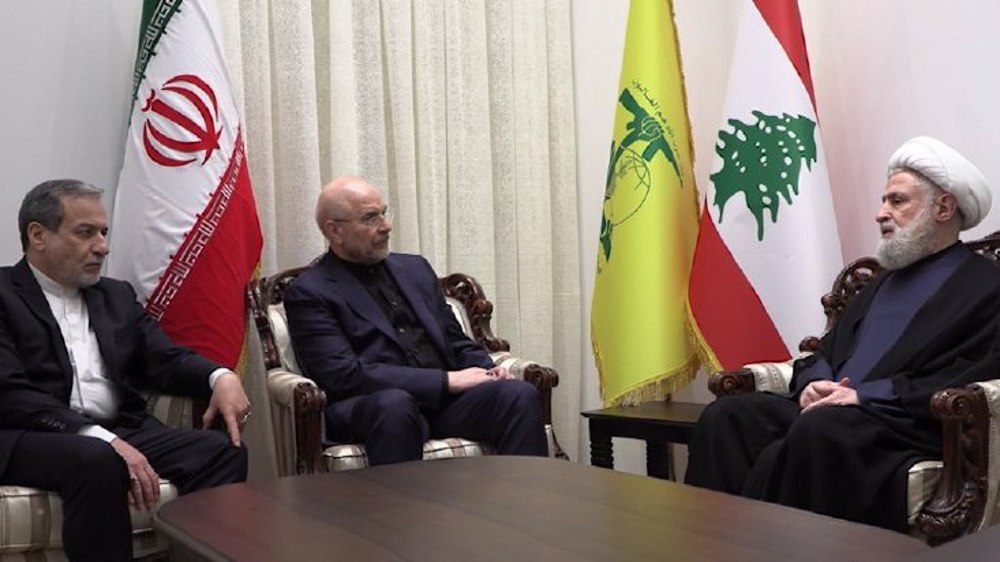
Iran’s parliament speaker, foreign minister meet Hezbollah chief in Beirut
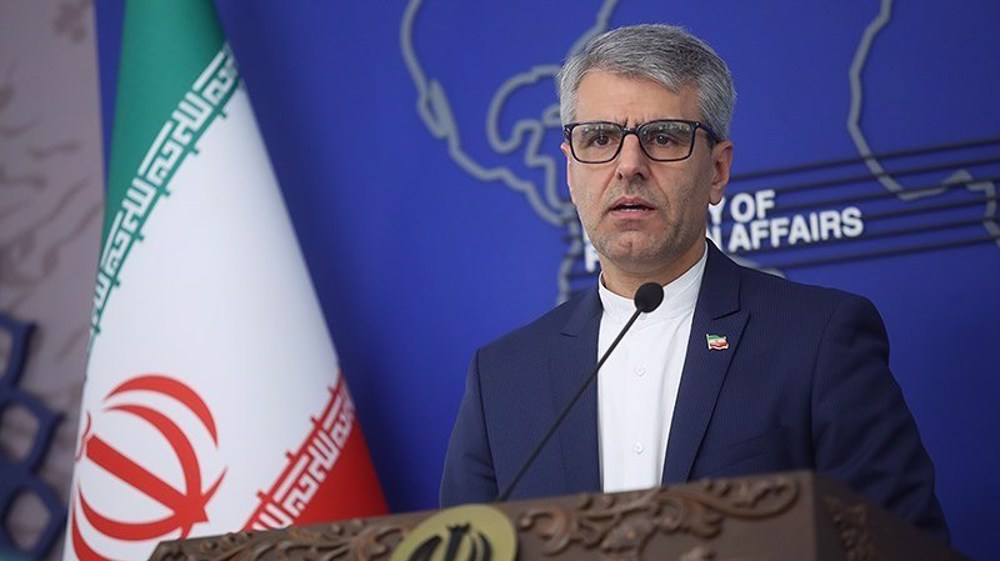
Iran: New sanctions show US 'hostility to well-being' of Iranians
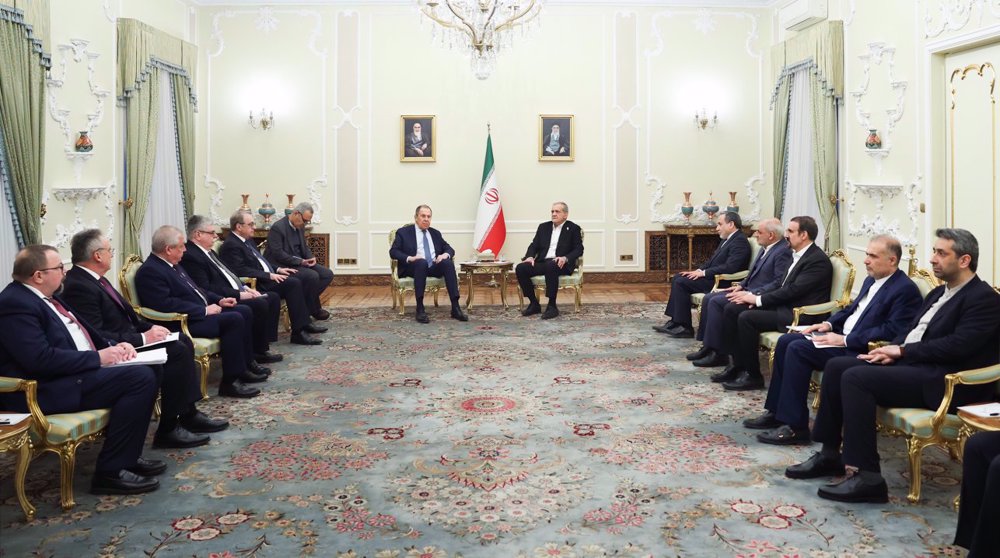
Iran’s president vows to accelerate cooperation with Russia
US official vows to imprison pro-Palestine protesters for years
Arab states condemn Israel's new aggression against Syria
IRGC adds homegrown warship, fast attack craft to naval fleet
VIDEO | Press TV's news headlines
Over 700 bodies recovered in Gaza, most remain unidentified
VIDEO | US TikTok ban
Palestinian youth succumbs to injuries sustained in West Bank strike
US Attorney General hints at Epstein files release amid skepticism


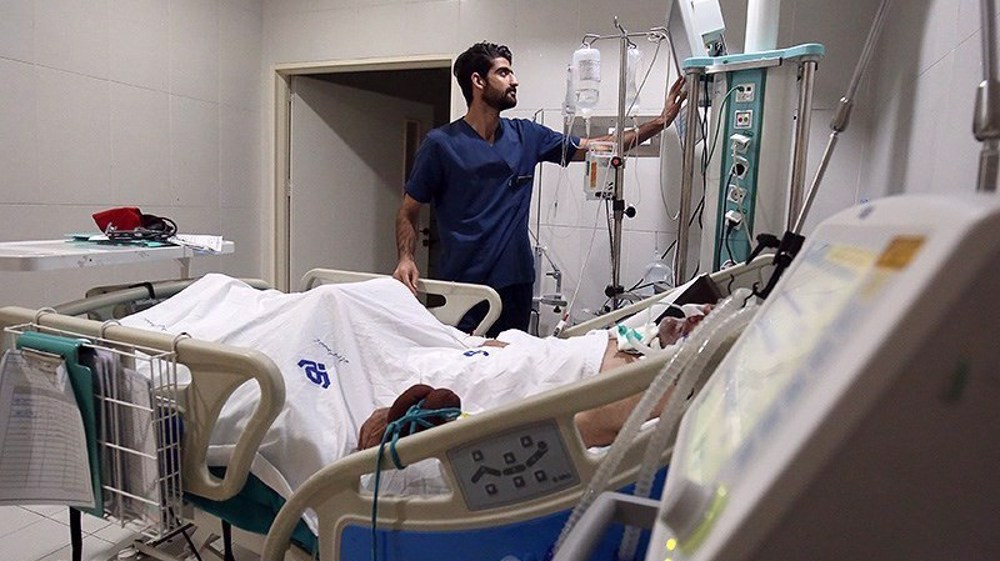
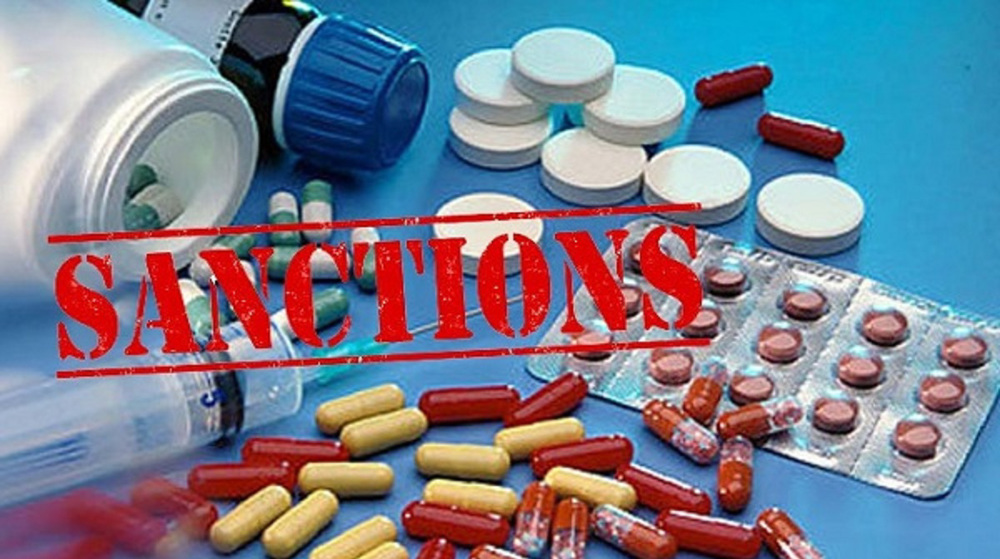
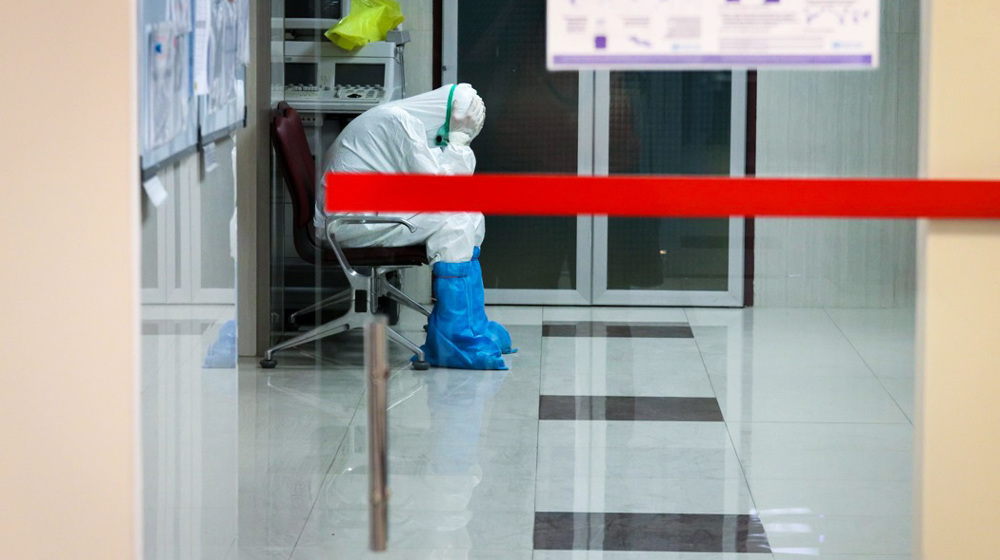



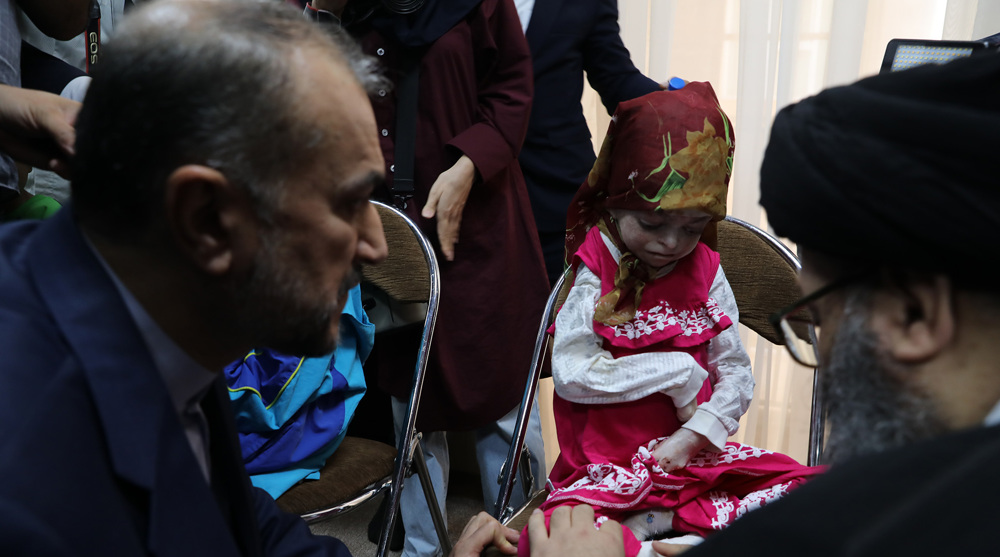
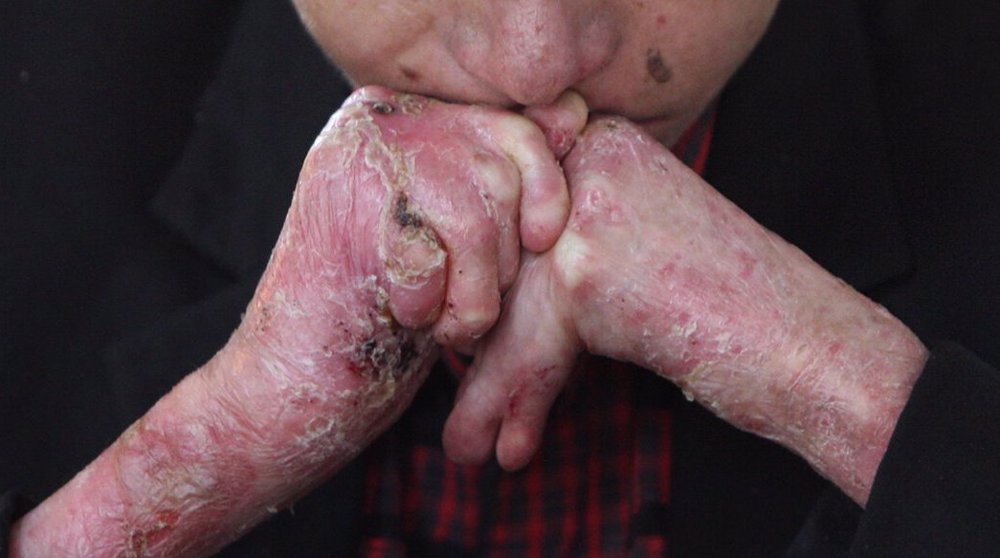

 This makes it easy to access the Press TV website
This makes it easy to access the Press TV website